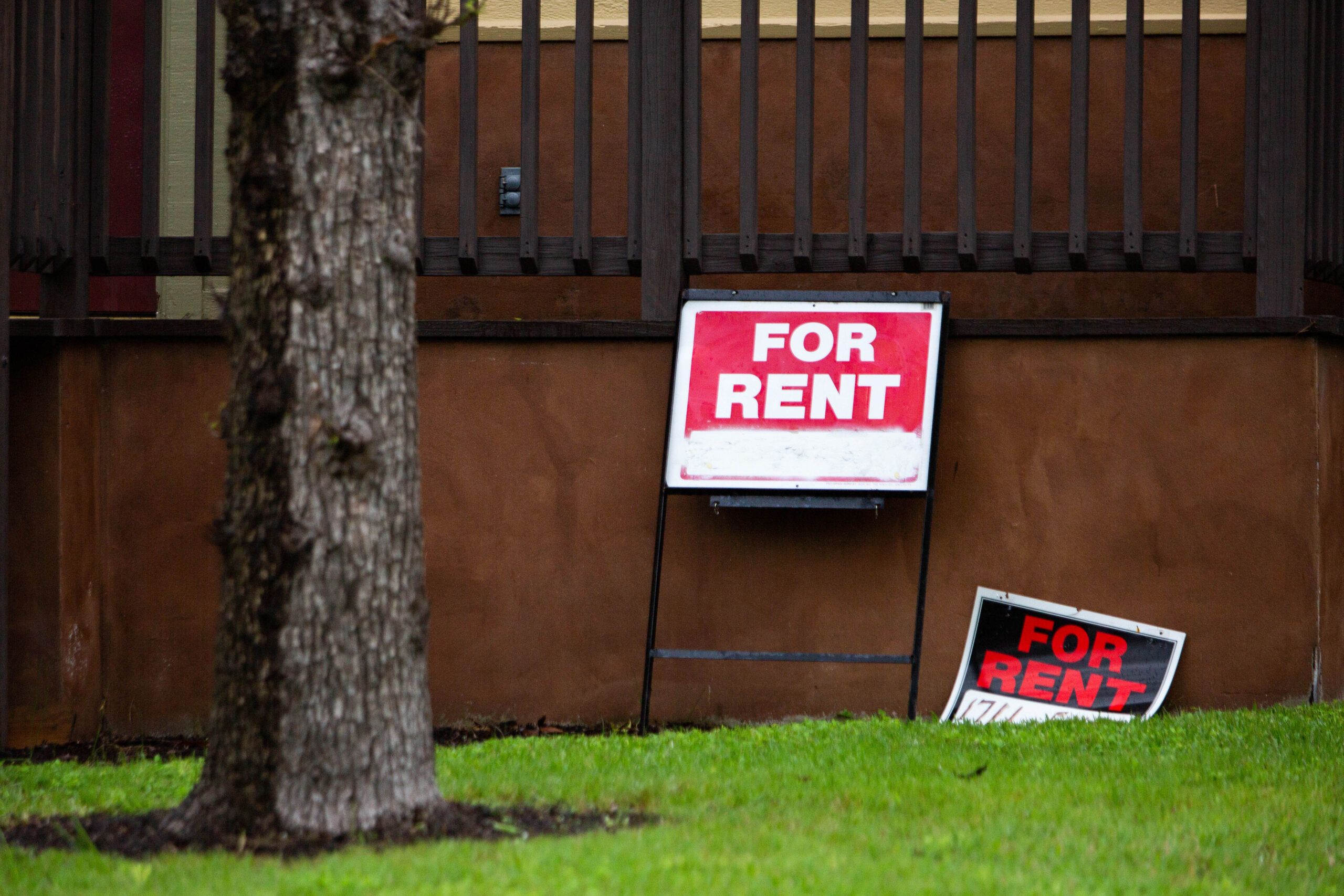In Texas, the government offers tax break incentives for developers who include affordable units in their apartment complexes. The policy is intended to encourage developers to build affordable housing, which is a win for cities at a time when such housing is in short supply.
However, a new report at the Houston Chronicle has discovered, this isn’t turning out to be the winning combination many had hoped for. And taxpayers may be left holding the bag.
Eric Dexheimer, an investigative reporter for the Chronicle, said small entities called housing finance corporations are taking advantage of a loophole in this system.
“Typically the way they’re supposed to work is that a local city or county will create one of these [housing finance corporations], and then they’ll go out and negotiate a deal with the developer and they’ll provide some local affordable housing,” he said. “In exchange, they get some fees from the developer and they can then pour those back into the community and create even more affordable housing.”
However, Dexheimer said a small number of “rogue” housing finance corporations are doing these deals all over the state, not just locally. This means an HFC in one county can sign off on a deal with a developer in another county to take a development off the tax rolls, and pocket a fee without reinvesting in the local community where the development is located.
» GET MORE NEWS FROM AROUND THE STATE: Sign up for Texas Standard’s weekly newsletters
“They’re very secretive — some of the local places where apartment complexes are being taken off the tax rolls don’t even know about it until the deal is already done,” Dexheimer said. “That means there’s no accountability. That is, if local residents were not in favor of this, for whatever reason, they have nobody to go to. There’s no local official who they can complain to. There’s nobody they can unelect.
“And then, finally, a lot of these deals are not what most people would consider affordable – that is, that they are not for people who truly need inexpensive housing. Often the requirements to get a unit are quite lax, and people’s incomes can be quite high.”
Dexheimer said housing finance corporations are not a new concept in Texas.
“These are created by city councils and county commissions, typically, and they’re nonprofits that are considered an extension of those elected bodies,” he said. “They’ve been around since the 1970s. And in the past they’ve been used to do kind of low-key affordable housing. They’ll help people get loans to buy houses. But what they’re being used for in these small numbers of instances is something quite more ambitious and a lot different.”
This loophole is legal right now, but Dexheimer said he spoke to lawmakers who want to put an end to it during the upcoming legislative session.
“As I said, it’s a small group. Most HFCs operate for the benefit of local residents and help them get into inexpensive homes,” he said. “These few appear to have taken advantage of this pretty large loophole in the law that allows them to operate outside their own jurisdictions and make a bunch of money and, you know, with very, very little oversight.”














